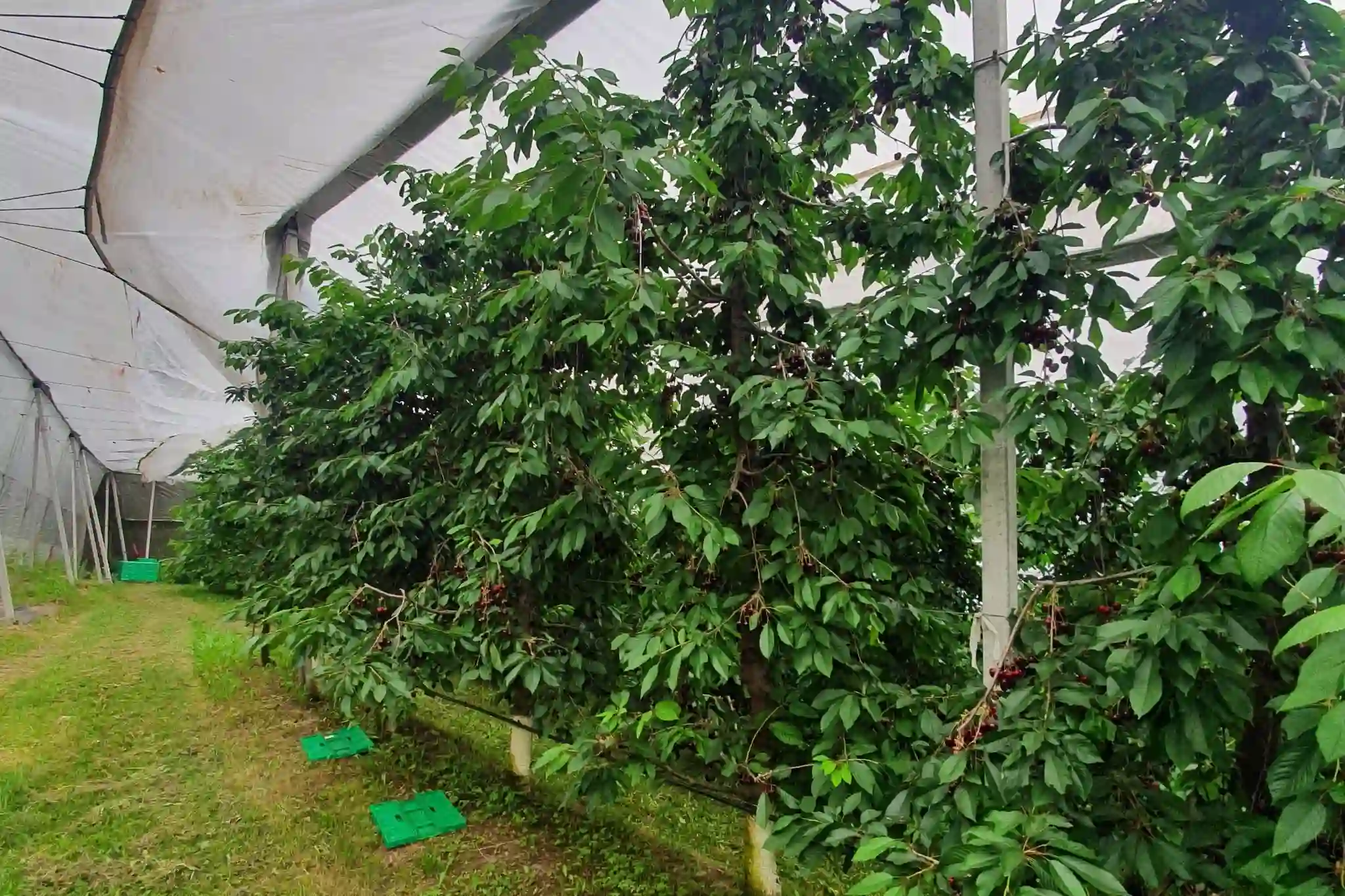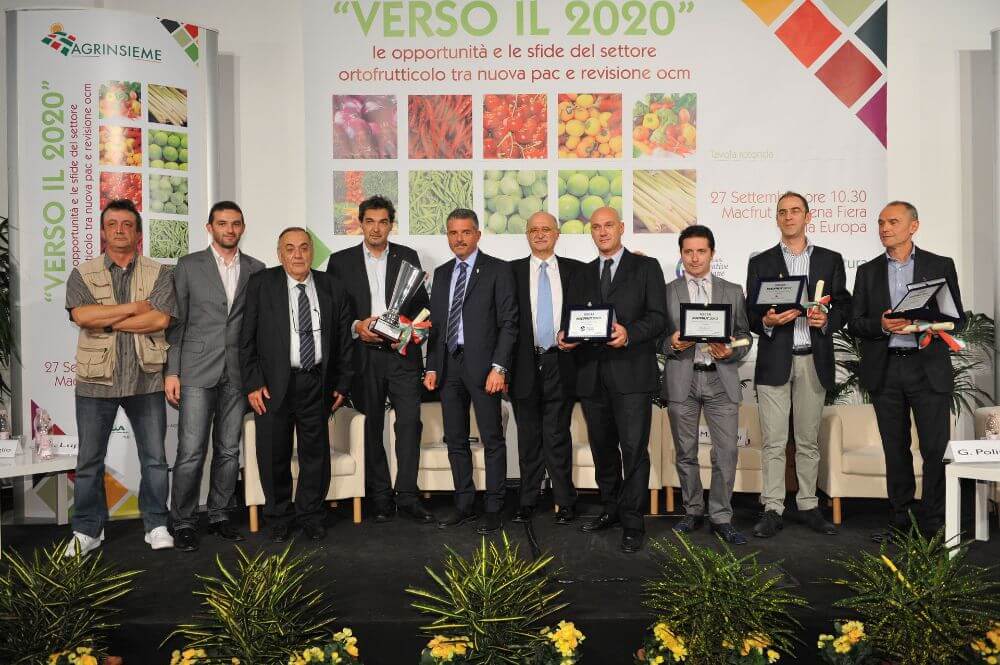A recent study conducted by Chilean and Spanish researchers analyzed the delicate balance that sweet cherry trees must manage between responding to drought conditions and defending against pathogens like Pseudomonas syringae pv. syringae (Pss). The study focuses on the cultivars “Bing” and “Santina”, and how they allocate their resources when faced with stressful situations.
Climate change is increasingly subjecting crops to a range of environmental stresses, with drought and pathogen attacks being the most significant. For sweet cherry trees, this dual challenge is particularly important. Pss is known to cause bacterial canker, a disease that can devastate sweet cherry orchards. However, the study shows that during the hot and dry summer months, the plants' need to conserve water overcomes their efforts to mount a defense response against Pss.
The study's results indicate that “Santina” cultivar exhibited a stronger initial response to Pss compared to “Bing.” However, both cultivars, when also subjected to summer drought, showed a change in their physiological responses. The plants reduced their leaf area and transpiration rates, thus conserving water and maintaining hydraulic functionality at the expense of a robust defensive response against Pss.
Under good water availability, the “Santina" cultivar inoculated with Pss showed a significant reduction in leaf growth and transpiration. However, when water was limited, both “Bing” and “Santina” cultivars showed a decrease in gas exchange and biomass production, regardless of Pss inoculation. This highlights the importance of water management for plant survival under water stress, even if it may compromise the level of defense against pathogens.
A key factor in this prioritization process is the interaction between two plant hormones: abscisic acid (ABA) and salicylic acid (SA). ABA is crucial for regulating the plant's response to water stress, particularly by closing stomata to reduce water loss. On the other hand, salicylic acid is involved in the plant's defense against pathogens.
The study showed that under good irrigation conditions, SA levels were higher in Pss-inoculated plants, supporting the defensive response. However, under water-deficit conditions, ABA levels increased while SA levels decreased, shifting the plant's priority towards drought resistance over pathogen defense.
This trade-off has significant implications for the management of sweet cherry orchards, particularly in regions prone to drought, where it is necessary to address water stress during the critical hot months.
In conclusion, the study shows how sweet cherry trees "prioritize" physiological responses based on environmental conditions. When plants face multiple threats such as drought and pathogen attacks, they tend to favor survival through water conservation over disease defense mechanisms. This research helps to better understand the stress responses of sweet cherry trees, providing useful information for fruit growers and nurseries.
Source: Villalobos-González, L.; Carreras, C.; Beltrán, M.F.; Figueroa, F.; Rubilar-Hernández, C.; Opazo, I.; Toro, G.; Salvatierra, A.; Sagredo, B.; Pizarro, L.; et al. Sweet Cherry Plants Prioritize Their Response to Cope with Summer Drought, Overshadowing the Defense Response to Pseudomonas syringae pv. syringae. Plants 2024, 13, 1737. https://doi.org/10.3390/plants13131737.
Image: Gonzales et al.
Andrea Giovannini
University of Bologna (IT)
Cherry Times - All rights reserved










